In between the GTA’s work directly engaging with the decision-makers that comprise tRFMOs, we also proudly campaign on other issues relating to ocean and marine sustainability and fisher safety.
The GTA is pushing for an international treaty to complement and strengthen the existing high seas governance framework by filling geographic, legal and taxonomic gaps; with a particular focus on spatial management and the ecosystem-impacts of commercial fishing.
The GTA has signed a joint position with the Sustainable Seafood Coalition and the Hong Kong Sustainable Seafood Coalition, the first time the seafood supply chain has taken an aligned public stance on a High Seas Treaty.
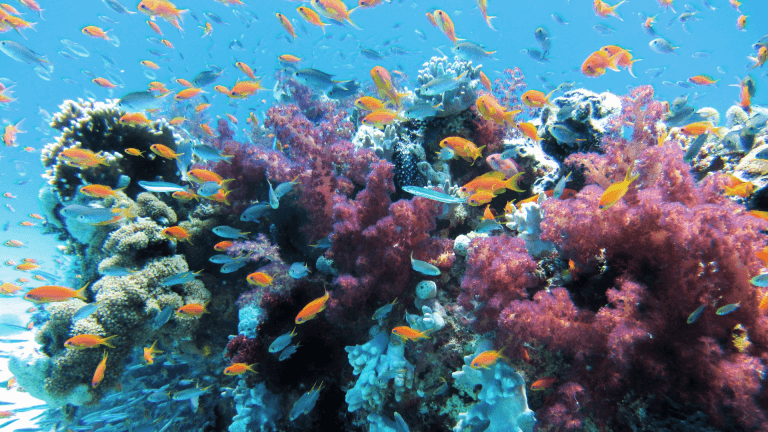
The GTA has been part of efforts to get world governments to agree to end subsidies that contribute to overfishing. Overfishing is a massive stumbling block to improving the environmental sustainability of tuna fishing.
Nations agreed in 2015 to end harmful subsidies by 2020 through negotiations at the World Trade Organisation (WTO). Because of delays, an agreement was not signed until 2022.
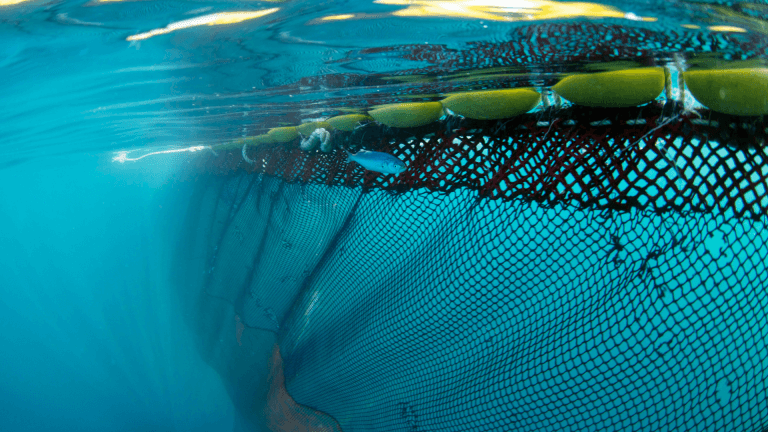
This agreement, drafted in 2012, concerns safety at sea for fishing vessels. The Cape Town Agreement (CTA) outlines standards and includes other regulations designed to protect the safety of crews and fisheries observers and provide a level playing field for industry.
The Agreement will enter into force once 22 States with a combined 3,600 eligible fishing vessels ratify or accede. Taking this step will bring fishing vessel operators into the same compliance as other maritime vessels and end practices that place crews at risk.
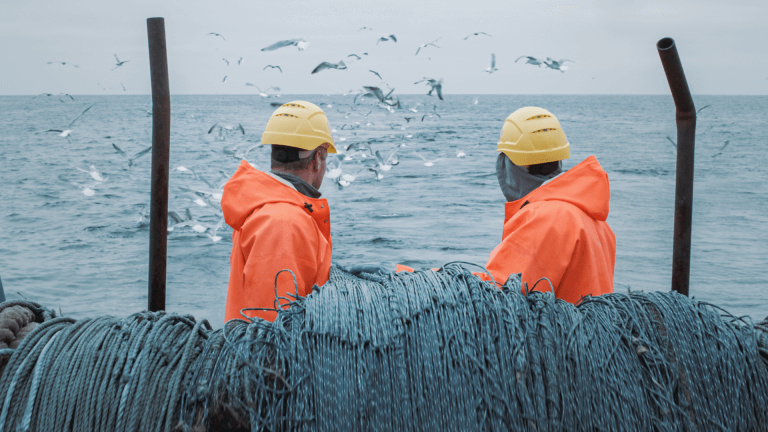
The Port State Measures Agreement (PSMA) is a cost-effective tool to combat Illegal, Unregulated and Unreported (IUU) fishing that takes advantage of the natural bottleneck created by ports and ensures that illegally caught fish cannot make its way to market.
Adopted in 2009 by the United Nations Food and Agriculture Organization (FAO), it requires parties to place tighter controls on foreign-flagged vessels seeking to enter and use their ports to land or transship fish. As more nations implement Port State measures, IUU fishing will no longer be a low-risk, high-reward enterprise.
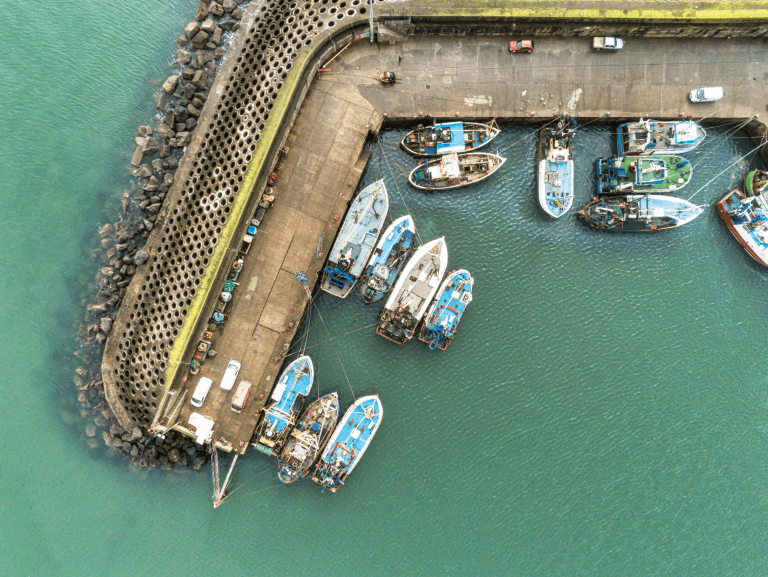
The Work in Fishing Convention (no. 188) by the International Labour Organisation came into force in 2017. ILO188 seeks to protect workers’ rights by entitling fishermen working on vessels of all sizes to such things as: a Fisherman’s Work Agreement (written terms and conditions of employment), medical care, regulated working time, repatriation, social protection, and health and safety on board.
The GTA’s advocacy efforts are focused on:
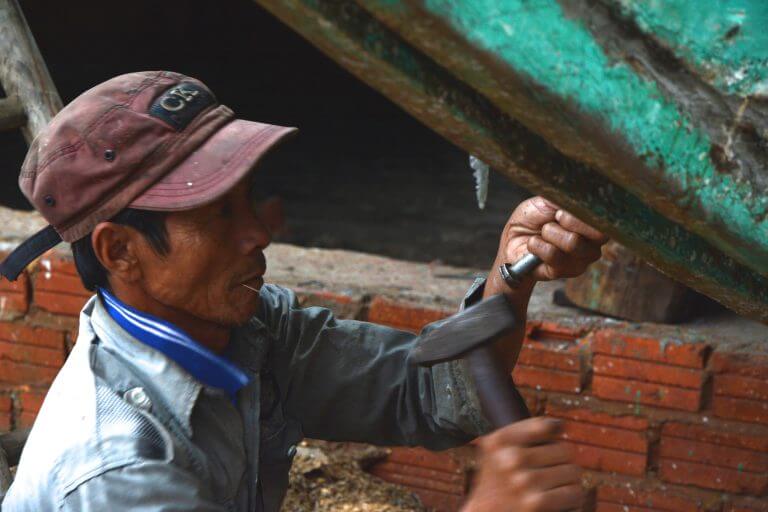

Requesting that supply chains implement standards that align with the CTA standards.

Requesting that sourcing countries consider ratifying the CTA to ensure safety provisions are met for existing vessels.

Advocating for new vessels under construction to meet the standards of the CTA as a minimum.

Campaigning for governments to ratify and implement the PSMA

Encourage partners to work with suppliers to improve the implementation of port State measures

Encourage partners to show a preference for ports in States that are party to the PSMA, or have implemented effective Port state Measures (PSMs)

Encourage partners to GTA Partners to conduct greater due diligence for ports where product is being landed to establish the level of PSM implementation and associated risk of IUU catch entering the market.